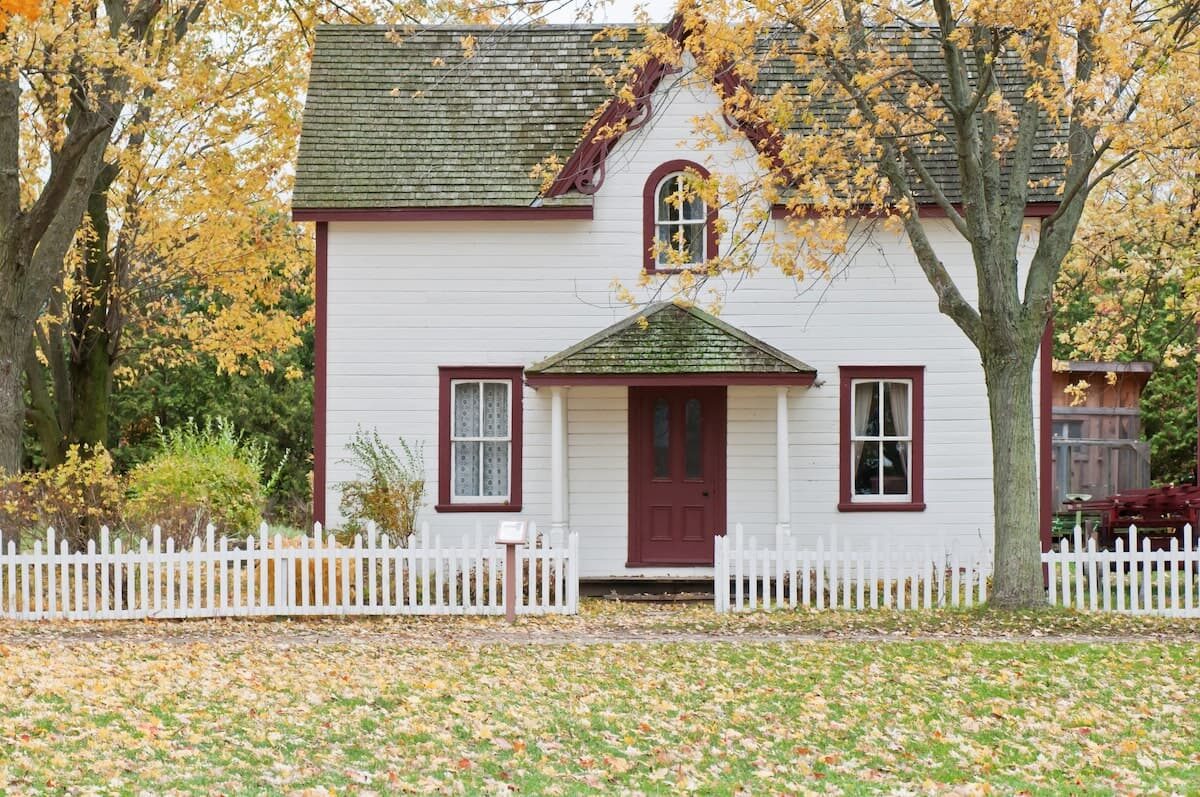From an outsider’s perspective, real estate seems like a highly lucrative business with the potential to make hefty profits. House flipping has been termed a fruitful venture, attracting thousands of amateurs into the field each year. Instagram has had a barrage of posts related to making money from flipping houses in the US. But the question is, does the same logic apply to Canada?
In reality, real estate in Canada is an attractive business, but it’s not always profitable. Sure, the idea of buying a house for less and selling it off for more sounds simple enough. But the truth is that there’s a lot more happening underneath the rug that most Instagram ‘real estate influencers’ don’t talk about. But don’t worry; we’re here to get to the bottom of things. So without further ado, here is everything you need to know about house flipping in Canada.
1. Do the MATH
House flipping starts and ends with numbers. You need to have a certain margin for spending and a target profit that is not only desirable but actually achievable. If you’re expecting to make a 50 % profit on your investment, then we’re sorry to say that it isn’t a realistic prediction. While you do buy for less and sell at a higher price, you have to consider the cost of renovations and improvements to the property. After all, that is the one particular element that will give your property a higher value.
The rules of the game are simple, invest in a house, then invest further into improving the house, and then sell it at a higher price. An experienced house flipper knows not to splurge on renovations while not cheaping out at the same time. You can’t hope to save money using cheap materials; that’s a big no-no. Doing so will only give you a bad name in the market.
One simple rule for beginners is that you should never buy a property that costs you more than 70 % of its post-renewal value. Spending too much will lower your chance of profits during resale. So, calculate a specific figure for repairs, and don’t extend that figure at any cost.
2. Renovate the property using the BEST CONTRACTORS
When we say work with the best contractors, we don’t mean the most expensive ones. Hire a contractor who knows what they’re doing and understands the math as well as you do. If this is your first time flipping houses, you do not want to work with a total stranger.
Ask a realtor friend for some good references; whomever you pick, at least you’ll know he can get the job done. Or better yet, get a contact from someone else who flips houses for a living and has profited from it. If it works for that person, there’s a major chance it will work for you.
As we know, the key factor to increasing any property’s value lies in the renovation process. So whatever you do with the property, you have to make sure that it’s worth the money you spend. This would be a good time to check out some tips on interior designing.
Some people like doing the renovation work themselves to save up on labour costs, but that isn’t for everyone. However, it does give you much more control over the budget, so that’s definitely something you should try to pick up. Alternatively, using a contractor means you have to trust someone else with the budget, which comes with some major risks. If your contractor misquotes you on the job and goes over budget, you can kiss your profit margin goodbye. The ideal candidate for this job would be someone who can give you the best look at a balanced price.
Another thing to keep in mind is customer preference. A certain type of buyer will only be swooped away by a certain kind of interior design. So, knowing the sort of people you want to sell to will significantly help you understand how you want to renovate the property. A suit-wearing corporate type might want something formal and classy, while a millennial hipster might want something more colourful and quirky.
3. Choose your location WISELY
Investing in real estate means you have to be completely aware of what’s happening in every nook and corner of the city. What businesses are opening up in a particular area? How many commercial spots are nearby? How many people are moving in, and how many are moving out? These are questions that a real estate investor must have the answers to.
Every location has a story that can be uncovered by looking at the trends and calculating the numbers and figures. Keep track of the population growth in a particular district or city, and find out about every construction project. That will give you the story of how things are and how things are predicted to be in the future.
Canada is always going to have some hotspots when it comes to real estate. We’re sure you’ll make a decent profit if you stick to these known spots where the gold rush is on. However, don’t forget to keep an eye out for where the next spot might be. One way to do this is by keeping an eye on businesses and corporations and seeing where they might open shop next. A boring and quiet location might suddenly have an influx of people because of new industries and commercial hotspots springing up.
Conclusion
The most important element to understand in real estate is the migratory pattern of the average homebuyer. Human beings always migrate from one place to another, which ultimately affects the overall condition of real estate.
This migratory pattern used to be relatively stable and predictable for a long time. That’s because people were grounded by their jobs and professions, which required them to stay in a particular city. However, things have taken a radical turn ever since the onset of the Covid pandemic and the normalization of working from home. Now, human beings aren’t grounded to a particular place anymore and are free to move around.
The current trend seems to be moving away from the big city and settling down somewhere quieter. This has positively impacted the real estate market in the more rural areas and districts of Canada. From a bird’s eye view, we can accurately witness this pattern occurring amongst thousands of families and individuals. We aren’t sure how long this trend will last, but all we can say, for now, is that this is an exciting time to be in real estate.





